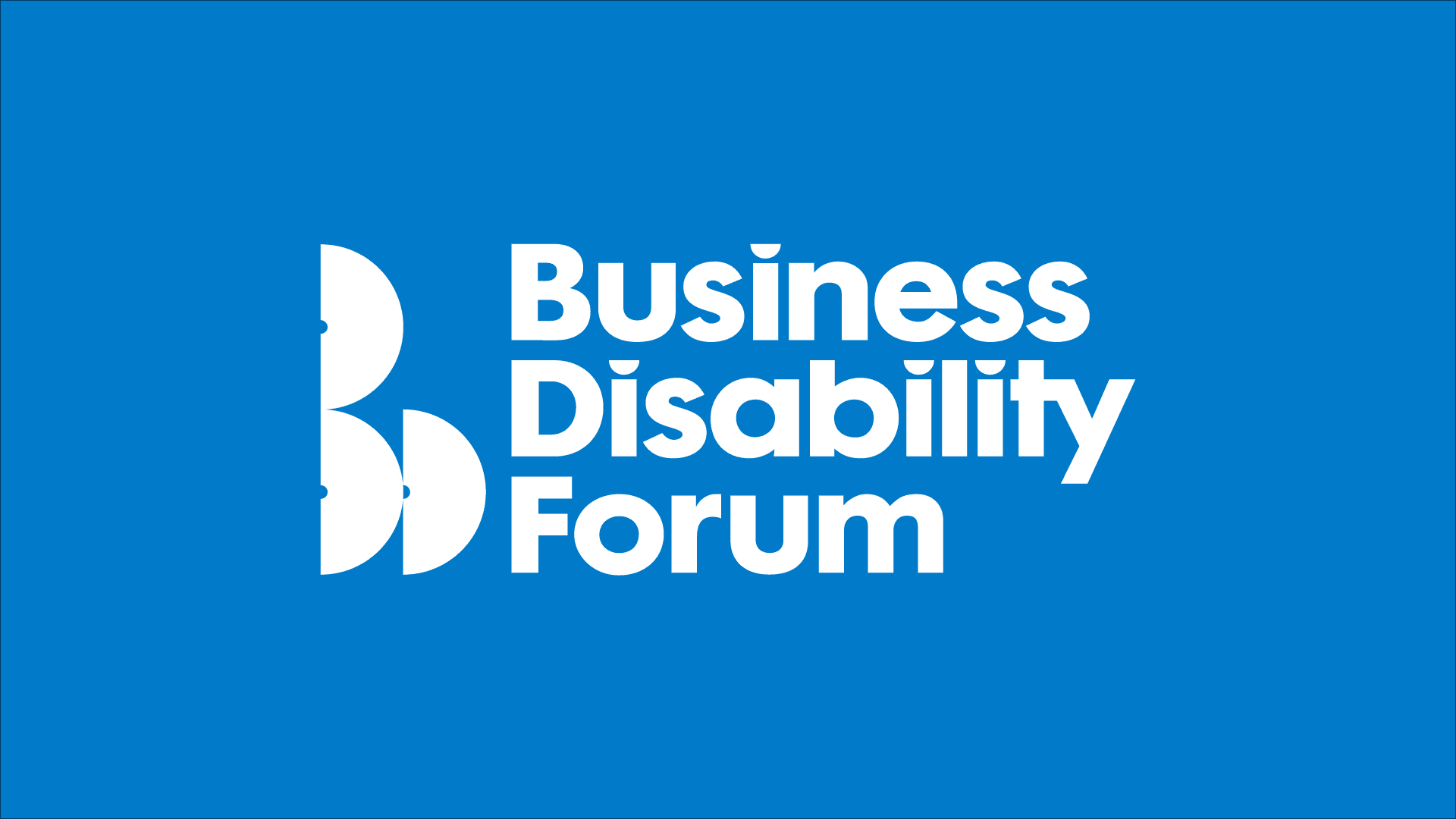Disabled graduates face multiple barriers when moving into work, Business Disability Forum research finds

The majority (64 per cent) of disabled graduates find it difficult or very difficult to apply for jobs due to disability-related barriers. Just over half (57 per cent) do not feel well-prepared to discuss disability with a potential employer and over a quarter (27 per cent) say they cannot access the same adjustments they had at university once in work.
These are the latest findings from Business Disability Forum’s ‘Great Big Workplace Adjustments Survey 2023’ released in its ‘Transitions: Graduating university and entering work’ paper today (28 June).
This new paper looks at the experiences of 99 disabled graduates who left university and started work in the UK in the last 5 years. The new findings show that disabled graduates experience multiple barriers when moving from higher education into work, many of which are not anticipated by universities, graduates or their employers.
These barriers exist throughout the transitions process from the job application and interview stage through to onboarding and getting workplace adjustments.
Angela Matthews, Head of Policy and Research at Business Disability Forum, said:
“Our paper shows that disabled graduates are often unaware of the barriers they may come up against when moving into employment. This includes everything from inaccessible job application processes through to differences in how support is structured and funded at university and in work. It is also clear that graduates generally feel unprepared to talk to employers about their disability or condition.
“Employers, policy makers, and universities all have a role to play in anticipating and removing these barriers and creating a better experience for disabled graduates.”
The findings are being launched at Business Disability Forum’s annual conference in London today. The conference, ‘Back to the Future – How should employers respond to the “new normal”? considers the barriers that disabled people experience at different stages of their working lives as well as the current challenges facing employers. The conference is sponsored by NatWest.
Difficulties applying for jobs – The findings
Sponsored by Microlink, ‘Transitions: Graduating university and entering work’ shows that 64 per cent of disabled graduates found it very difficult or difficult to apply for jobs because of disability-related barriers. The research finds that:
- Disabled graduates find it difficult to know in advance whether an employer will be supportive. Many found it difficult to know how flexible an employer would be and their views on adjustments just from the job ad.
“Few jobs state openly the kinds of flexibility that they can offer to disabled graduates or workers… I have to try and predict how companies would respond to my disability when applying to positions.” A disabled graduate
“I struggle with job adverts, because no matter what the actual job would entail, it is so commonplace for ads to specify things like, ‘thrives in a fast-paced environment’ or ‘excellent all round communication skills’. Should I be applying for these jobs when I need extra processing time and struggle to communicate in certain ways?” A disabled graduate
- Disabled gradates find the job application process inaccessible. This includes inaccessible job portals, lengthy and multiple application documents and rigid testing at interview. Some also reported stigma around disability as a barrier in itself.
“My disability makes applications and interviews very difficult even with adjustments and many of the places I was applying for did not accept my spelling and grammar/syntax errors, even if I declared that I was dyslexic.” A disabled graduate
“I watched people’s face fall and then stop interviewing me properly when I went in with my mobility aid.” A disabled graduate
Having disability-related conversations with employers
The paper finds that graduates do not how and when to talk to an employer or potential employer about their disability or condition. The research shows that:
- Disabled graduates do not feel well-prepared to have disability related conversations. Just over half (57 per cent) do not feel their university prepared them at all well for talking about their disability and discussing adjustments with a potential employer.
- Disabled graduates often tell a potential employer about their disability before they are offered a job. Nearly half (45 per cent) told their employer before or during their job application. A quarter (26 per cent) said they shared this information ‘just because’ the employer asked them. The research suggests that graduates may be unaware of the legal restrictions on employers to discuss a disability or condition with them and the choices they have over when they discuss their disability.
Getting support and adjustments at work
The research shows that fundamental differences in how support is structured and funded in university and in work affects the types of support available. It also affects how disabled graduates access support and feel about that support. It shows that:
- Disabled graduates do not get access to the same adjustments in work as they had at university. Over a quarter (27 per cent) of disabled graduates said they had adjustments at university that they could not have in their job. The research finds that some adjustments were easier to access at university than in work, and vice versa. Extra time to complete work, access to human support (such as a support worker or a BSL interpreter), assistive tech, and physical alterations, such as ramps, are far more difficult for disabled people to access in work than at university, the survey shows.
- Disabled graduates are not always able to carry over adjustments into work. The paper shows that three-quarters of graduates (77 per cent) had either Disabled Students Allowance in university or Access to Work in employment, but not both.
- Disabled graduates feel less supported at work they did at university. The research finds graduates generally felt more supported at university than they now do in work. Many recent graduates reported finding it more difficult to locate support at work.
“At University, support was thrown at me. In my job, it has to be tracked down. As a student I could access mental health support easily. However, there was nowhere to go from here on leaving. As an employee, the provided support is poor and you have to go private or get the minimum the NHS can provide.” A disabled graduate
Recommendations
Based on the findings of ‘Transitions: Graduating university and entering work’, Business Disability Forum is calling for employers to make sure:
- Application processes are fully accessible with all relevant information advertised.
- Interviews and skills testing are relevant to the role.
- Candidates are aware of adjustments that may be available. Keeping in mind that these may be different to adjustments the person has had previously.
- Candidates are aware of why disability-related questions are asked and know that they are under no obligation to answer them.
- Any disability-related information shared is used appropriately.
- Any outsourced recruitment suppliers used are providing applicants and candidates with an inclusive experience with adjustments where needed.
Business Disability Forum is calling on universities to:
- Better prepare disabled students for the move into work and the changes they will encounter.
Business Disability Forum is calling on policymakers to:
- Recognise the challenges experienced by disabled graduates and to consider the implications for policy development.
Transitions: Graduating university and entering work
To access the research paper and all the findings from the Great Big Workplace Adjustments Survey 2023, go to Business Disability Forum’s Great Big Workplace Adjustments Hub.
